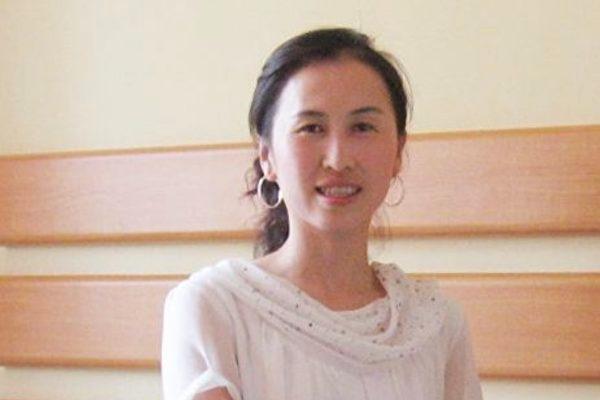A generation of urban teens, fresh out of high school in the 1960s and 1970s, were condemned as “educated youths” and banished to the countryside during China’s Cultural Revolution. The youth, who were lucky enough to have finished high school, were singled out for abuse, brainwashing, and hard labor in rural areas far from home.
That generation is now getting old and feels it is being betrayed by the Chinese Communist Party (CCP) a second time.
On April 20, a crowd of nearly 1,000 survivors of the Cultural Revolution gathered in front of the Shanghai Petitions and Appeals Office—the office to which Chinese citizens have the right to appeal for the redress of injustices done to them. Such appeals are rarely successful, but they had come here nonetheless to demand the release of their imprisoned leader, Zhang Weimin.
Over a dozen police cars and surveillance vehicles were on the scene while over 100 police officers stood guard.
The protest was only heard by those at the scene—society at large would have little chance to learn of this group and their grievances.
Hardships at a Young Age
Between 1963 and 1966, the Shanghai city government sent over 100,000 young people, including some who were under 16, to the remote Gobi Desert in the Xinjiang Autonomous Region. Their task was to “construct the border area.”
It was difficult for 62-year-old Mr. Wu to recount his days in Xinjiang. When he was sent to the Xinjiang Agricultural Reclamation Regiment; he was only 16. Every morning everyone got up to the sound of the bugle call and listened to instructions. Then they went to work.
After reporting his or her thoughts in the afternoon, everyone went back to work. The evenings were filled with brainwashing sessions. “They tried to train you into being a robot. You were brainwashed with the CCP indoctrination. You were completely deprived of individual thoughts,” Mr. Wu recalled.
Mr. Wu said that when he was 20, he started experiencing enlarged bone tissue in his spine behind his neck, his chest, and his waist. He suffered from inflammation in the spine and his body became deformed. He suffered mentally and physically. After living in Xinjiang for 14 years, he returned to Shanghai due to his illness. He worked in a neighborhood production unit, earning 0.70 yuan a day (about US$0.47 in 1980 dollars).
Mr. Chen is 62 years old. He also went to Xinjiang at the age of 16. He sadly recalled that the “homes” for the educated youths were caves; their food was moldy buns made from corn grits; soup was made from pickled vegetables, with no oil.
Many young kids could not survive the terrible living conditions and slave labor. They could not wait till the day that they would be allowed to return to Shanghai, and several committed suicide. Their remains were buried in the desert.
Mr. Wu could not suppress his outrage while pointing out that the CCP did not honor a single promise it made to the young people who were sent to Xinjiang, “I was deceived twice. The first time it took me 14 years of labor before I was able to return to Shanghai. The second time the government forcibly demolished my home. Now I have nowhere to live.”
Mr. Wu said that he was born in 1949 the same year the CCP seized power. He has witnessed each political campaign launched by the regime. He summed up his life’s experiences, “The CCP has destroyed several generations of Chinese people. The more you listen to the CCP, the more you are deceived.”
Mr. Wu said that his retirement salary was only a little over 1,400 yuan (US$215). He is having a hard time making ends meet and he has to be supported by his children. Many people who are now in their 60s are covered by medical plans for Xinjiang residents, the coverage of which is greatly inferior to similar plans for Shanghai residents. Mr. Wu observed that this is just one example of how the educated youth has been treated upon returning to Shanghai.
Another from the group told The Epoch Times that one of the major issues is housing—which they were not given, as promised, by the Shanghai government.
This man, whose name has been withheld, said that 10 years ago, the possibility for revolt by this population was at its height. They jointly went to Beijing to petition but were intercepted, arrested, and otherwise suppressed.
He said angrily, “The government knows that we are getting old. Even if we want to revolt, we are not as energetic. They kept procrastinating and doing lip service. They drag on and on to outlast you. They see to it that you have nowhere to appeal until you are silenced by illness or death.”



